#japanese poem
Text

The Ink Dark Moon: Love Poems by Ono no Komachi and Izumi Shikibu
#ink dark moon#ono no komachi#izumi shikibu#jane hirshfield#japanese poetry#japanese poem#love poetry#haiku#poetry#love quotes#love#romance#romance quotes#words#quotes#poetry quotes#poems and quotes#love poem#longing
357 notes
·
View notes
Text
— And I am disheartened;
my past's confused
piled up memories,
no way to disentangle them, irritated;
some day, to the tangibility of my head's burdens
I will entrust my body, I will entrust my heart.
Nakahara Chūya, Fig Leaves
#nakahara chūya#japanese poem#japanese poetry#japanese literature#home library#library#literature#via's library#bookshelf#reading#showa period#poetry#chuuya nakahara#bungou stray dogs
65 notes
·
View notes
Text

『ひと筋の気泡』
深い沼からひと筋の気泡が立ち昇っていた。魚がいるのかな?こんな汚れた沼にでも魚は棲んでいるんだと木こりは横目で通り過ぎようとしたが、気泡からは何かメッセージ性のようなものを感じた。居ても立っても居られなくなって、異臭すら漂う沼に飛び込んで深く潜った。服やズボンや靴やら全て水分を含み邪魔だったが、木こりの持ち込んだ気泡と立ち昇ってくる気泡が混ざらないように、慎重に潜った。かなり深くて息絶え絶えになりながら、底に着いた。ロープでぐるぐるに巻かれて、人の形をした重たそうな汚れた物体から気泡が出ていた。木こりは担ぎ上げて、汚れた水を飲みながら浮かび上がって、岸まで運んだ。
ナイフで腐りかけたロープを切っていくと、中から悲しみと寂しさをまとった顔のお姫様が出てきた。意識を失っていて、どこの国のお姫様か分からなかったが、私の住処に連れて帰って、丁重に身体を拭き、介抱して寝かせて、食事を作り、口元まで運んだ。ほとんど喋ることができないほどショックを受けていたし、悲痛な顔でしたが、まるまる三年ほどお���話していくうちに、笑顔になり、柔和な顔になって行った。あなたに見つけてもらえて良かった。そう話して、心を寄せてくれた。
三年過ぎしばらくして話を聞きつけて、娘を取り戻しに来た父でもある王様は何度もお礼を言って、お姫様を引き取って行った。お礼の品は受け取らなかった。噂に聞いたことには、美男子で誰からも慕われている隣国の若き王に妃として嫁いだが、幸せにはしてもらえなかったそうな。挙げ句の果てに、沼に沈められたところで、絶命寸前のところを助けたのが、木こりだった。木こりは炭を焼いたり、その日暮らしの貧しい生活でしたが、心は豊かで炭で絵を描いたり、詩を詠んだり過ごしていた。
年齢を重ねて、耳寄りのない故に一人で死んだが、お姫様は木こりを丁重に葬り、何度生まれ変わっても、連れ添い、仲良く暮らせる一生を過ごしているそうだ。
27 notes
·
View notes
Photo
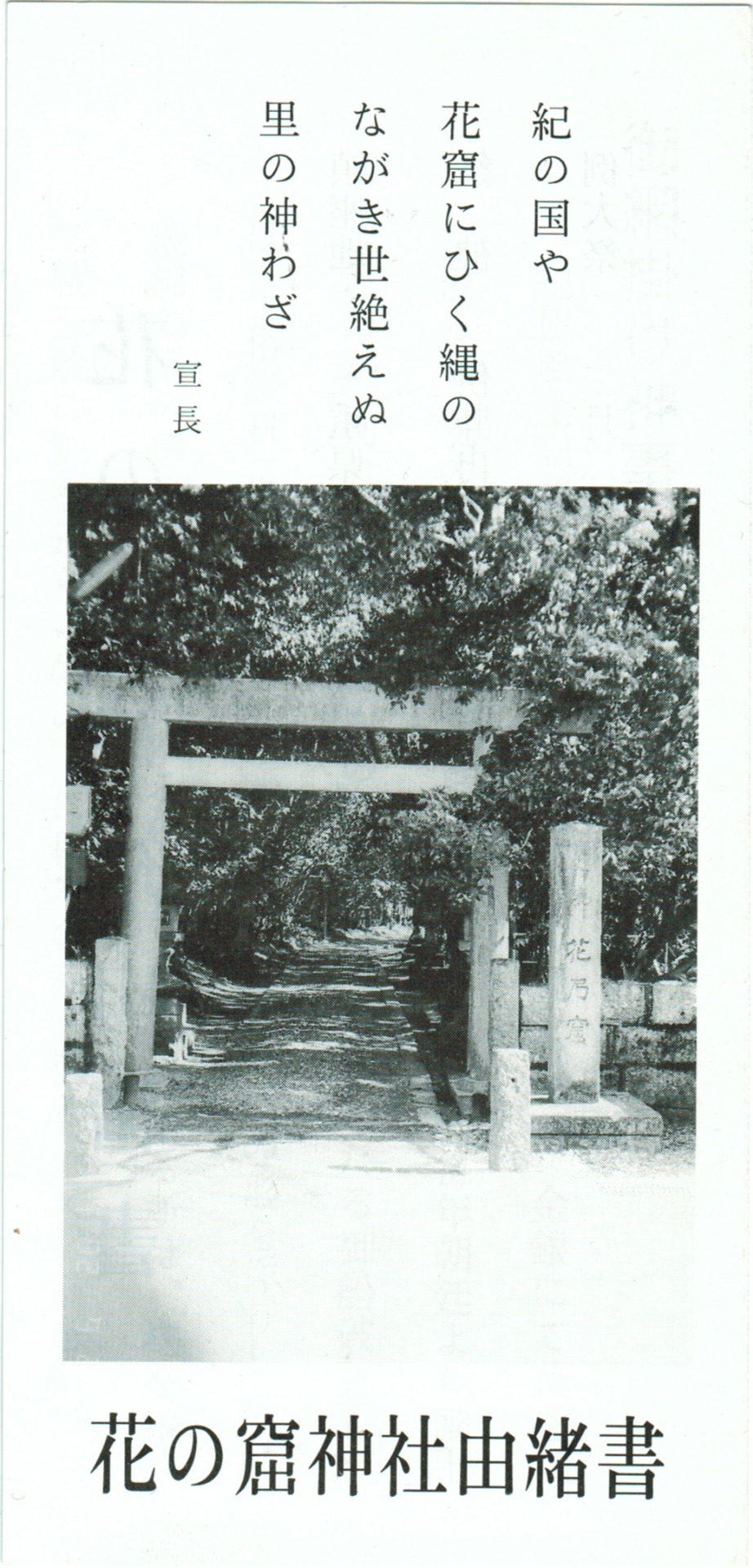
A pamphlet from Hana no Iwaya Jinja Shrine (花窟神社) in Kumano City, Mie Prefecture, referenced in the “Chronicles of Japan” (日本書紀) (compiled in 720) as the burial tomb of the progenitor goddess Izanami no Mikoto (伊邪那美命) after her demise giving birth to the fire deity, with the pamphlet featuring a shot of the front entrance of the shrine along with a waka poem by Motoori Norinaga (本居宣長) (1730-1801) which can be translated as:
Down in Kii Province,
A sacred rope drawn across
The flowery cave
For long ages without end,
A small town divine wonder
Acquired at the shrine April 2, 1995
#三重県#mie prefecture#熊野市#kumano#花窟神社#hana no iwaya#神社#jinja#鳥居#torii#japanese religion#japanese literature#japanese poetry#japanese poem#和歌#waka#本居宣長#motoori norinaga#pamphlet#ephemera#printed ephemera#paper ephemera#crazyfoxarchives
75 notes
·
View notes
Text
寂しい雲 (Lonely Cloud)
雲の糸を
辿ってゆくと
辿り着くのは
あなたの家なのに
あなたはいない
Hirigana:
くものいとを
たどってゆくと
たどりつくのは
あなたのいえなのに
あなたはいない
Romanji:
kumo no ito o
tadotte yuku to
tadoritsuku no wa
anata no ie na no ni
anata wa inai
Translation:
Following the threads of the clouds
I arrive at your house
You're not there
Kanji:
雲 (kumo) - cloud
糸 (ito) - thread
辿る (tadoru) - to follow, to trace
辿り着く (tadori tsuku) - to arrive, to reach
家 (ie) - house
Context:
This poem expresses the feeling of disappointment and sadness when someone is missing from a place they should be. The speaker follows the threads of the clouds to arrive at the house of the person they are looking for, but they are not there. The use of the word "thread" (糸) suggests that the search is delicate and careful, but ultimately futile. The absence of the person creates a feeling of emptiness and longing.
#langblr#japanese langblr#original poem#poemblr#learn japanese#study japanese#japanese poem#studyblr
69 notes
·
View notes
Text
なるほど... (Naruhodo...)
名前は何もない... (Namae wa nanimonai...)
空の容器... (Sora no yōki...)
私たちは (Watashitachiha)
音以上のもの (Oto ijō no mono)
Translation:
I see...
Names are nothing...
Empty vessels...
We are
More than sounds
#my writing#poetry#poem#japanese poem#spilled ink#creative writing#poets on tumblr#writers on tumblr#writers and poets#spirituality#spiritual growth#zen
14 notes
·
View notes
Text
Branch
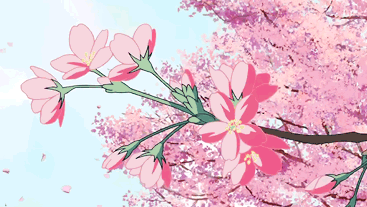
a flowerful branch
plays with the wind and tells me
how sun-drenched it is
My Natural Taglist: @jordynhaiku @most-ment @somebodyssongbird @sunlovemoon @sweetwarmcookies16 @rsaveragewriting @irfanullashariff @a-moonlit-poet @fordothepoet @vixen1012 @haikubum
#haiku#original haiku#writers on tumblr#writing#poets on tumblr#poetry#poets corner#poets of tumblr#creative writing#writersofinstagram#writing inspiration#english poetry#japanese poetry#japanese poem#nature haiku#nature#spilled emotions#spilled poetry#words bubble up like soda pop
32 notes
·
View notes
Text
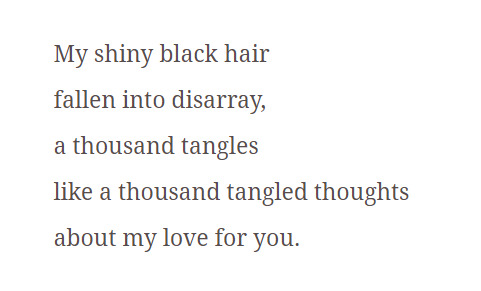
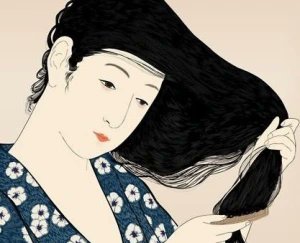
Yosano Akiko, くろ髪の千すぢの髪のみだれ髪かつおもひみだれおもひみだるる; from Midaregami (Tangled Hair, 1901)
#akiko yosano#japanese poem#japanese art#japanese poetry#feminism#japanese feminism#tangled hair#yosano akiko#midaregami#dark academia#light academia#literature#bungou stray dogs#hopeless romantic#romantic academia
19 notes
·
View notes
Text
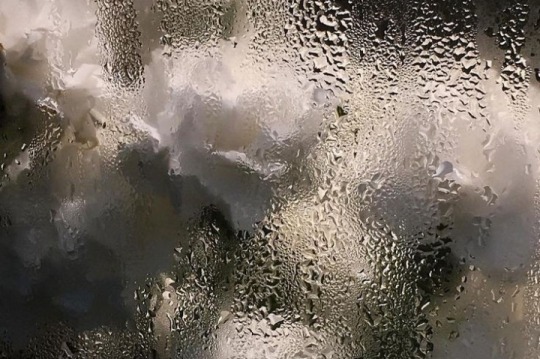

あなたは夢のように美しいです,私が偶然に落ちた夢。 睡眠はライラックと同じくらい美しいからです: それは美しく、あまりにも完璧です。☆
Translation:
You are as beautiful as the dream, the dream I accidentally fell into. Because sleep is as beautiful as lilacs: it is beautiful and perfect too. ☆
3 notes
·
View notes
Photo
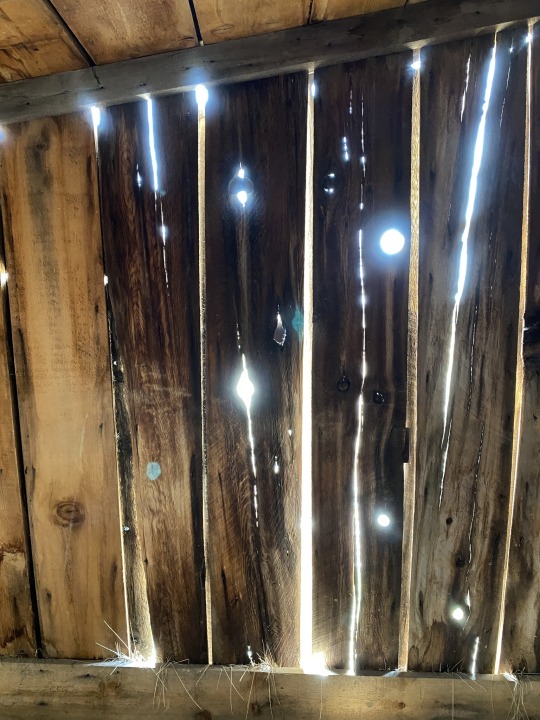
photo from Bodie ghost town, 2021
* * * *
Not sure who wrote this, but it's in my 2016 quotes collection (I compile quotes as a word doc, annually, and it seems a beautiful essay on post-traumatic growth, about which my friend and Not Too Late contributor Roshi Joan Halifax has so much to say.) The essay:
Last year, the poet Jane Hirschfield shared with me that her life broke open when she first read a haiku by Izumi Shikibu. Izumi was a tenth century Japanese poet of the Heian period. This beautiful haiku is about risk, suffering, permeability, tenderness, and courage, the inner integuments of altruism.
Izumi’s haiku:
Although the wind
blows terribly here
the moonlight also leaks
between the roof planks
of this ruined house.
Jane later wrote, “Wall up your well, and you will stay dry, but also stay moonless.” I believe that we have to let life into our lives, let others into our lives, let the world into our lives, let love into our lives, and also let the night into our lives, and not let the roof over our head, our knowing, our fear, keep out the moonlight. Altruism is exactly this permeability, this wall-less wilderness of the world, this broken roof that lets the moonlight flood our ruined house, our suffering world.”
[thank you Rebecca Solnit]
#Bodie Ghost town#Izumi Shikibu#Japanese poem#Rebecca Solnit#Jane Hirschfield#let life into our lives#wisdom
13 notes
·
View notes
Text
『虫の音
空を飛ぶ鳥
朝日かな』
Romaji ¬ Mushi no oto / Sora wo tobu sora / Asahi kana.
Translation ¬ The sounds of insects / A bird flying in the sky / Ah, the morning sun.
#just a haiku that i tried to make#it's not perfect but i love it#俳句#haiku poem#haiku poetry#haiku#日本語#japanese#poem#nature#morning#morning sun#calm#peace#insects#japanese poem#japanese quotes#japanese quote#quotes
6 notes
·
View notes
Text

The Ink Dark Moon: Love Poems by Ono no Komachi and Izumi Shikibu
#ink dark moon#ono no komachi#izumi shikibu#jane hirshfield#japanese poetry#japanese poem#love poetry#love poem#love#romance#love quotes#romance quotes#quotes#words#poetry#poem#haiku#poems and poetry#poems and quotes#longing
94 notes
·
View notes
Text
I have suffered a great deal.
What kind of suffering it was
I never thought I would tell.
And whether that suffering was worth
something or nothing
I never even think about such things.
Nakahara Chūya, Half My Life
#nakahara chūya#japanese poem#japanese poetry#japanese literature#home library#library#literature#via's library#bookshelf#reading#showa period
10 notes
·
View notes
Text
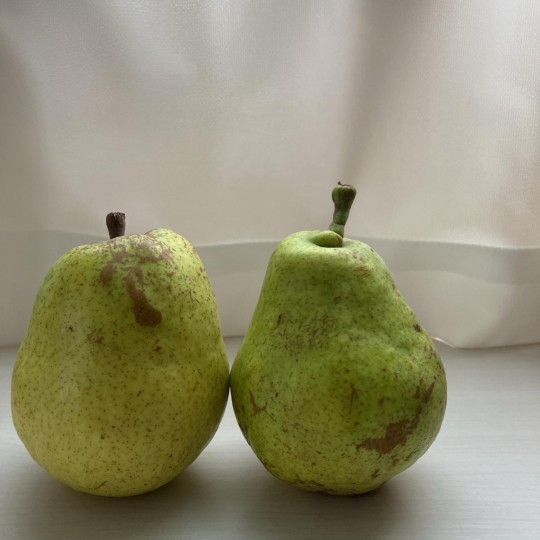
『良夫賢父』
良妻賢母があるなら、良夫賢父というものも作ってもいいだろう。良妻賢母と良夫賢父が一緒になったら、きっと一家はつまらなくなりそうだな。良妻賢母も良夫賢父も、理想を押し付けていたり、そうであろうと振舞って成立するものだから。仮面夫婦一直線。世の中に良い子なんていない。だから、良妻賢母も良夫賢父にも、息抜きをさせてあげてくださいね。
24 notes
·
View notes
Photo

A stone monument engraved with calligraphy by the essayist Irie Sukemasa (入江相政) established in March of 1986 on the grounds of Ōmiwa Jinja Shrine (大神神社) in Sakurai, Nara Prefecture, with text from a poem written in 1985 by the Shōwa Emperor (昭和天皇) i.e. Hirohito (裕仁) during a poetry contest on the topic of travel commemorating his pilgrimage to the shrine and the surrounding area in 1984:
“遠つおやの しろしめしたる 大和路の 歴史をしのび けふも旅ゆく”
which can be translated roughly as:
Recalling the lore
Of the old Yamato road
Administered by
My forbears in days of yore,
I too wend my way today
Image from a booklet acquired at the shrine September 21, 1996
#japanese literature#japanese poetry#japanese poem#短歌#tanka#昭和天皇#showa tenno#emperor showa#裕仁#hirohito#emperor hirohito#japanese history#japanese calligraphy#入江相政#irie sukemasa#石碑#stone monument#奈良県#nara prefecture#桜井市#sakurai#大神神社#omiwa jinja#三輪神社#miwa jinja#大和路#crazyfoxarchives
75 notes
·
View notes
Text
命の味 (taste of life)
柘榴の
甘さに酔いし
命の味
求めてうずく
人の世の中
Hiragana:
たちばなの
あまさによいし
いのちのあじ
もとめてうずく
ひとのよのなか
Romanji:
Tachibana no
amasa ni yoishi
inochi no aji
motomete uzuku
hito no yo no naka
Translation:
Drunk on the sweetness
Of pomegranate, I crave
The taste of my life,
Yearning for all that this world
Has to offer and savor.
Kanji:
柘榴 (Tachibana) - pomegranate
甘さ (amasa) - sweetness
酔いし (yoishi) - drunk, intoxicated
命 (inochi) - life, destiny
味 (aji) - taste, flavor
求めて (motomete) - seeking, longing for
人 (hito) - person
世 (yo) - world, society
中 (naka) - inside, within
Context:
This poem expresses the desire and yearning for the sweetness of life, symbolized by the taste of a pomegranate. It speaks of being intoxicated by the sweetness of this fruit, suggesting a sensory experience that overwhelms the speaker and leaves them craving more. The use of the kanji "命" meaning "life" or "destiny," emphasizes the importance of this experience and the search for meaning in a world that can often feel unfulfilling. Overall, the poem conveys a sense of yearning and a desire to fully embrace the richness of existence.
#langblr#japanese langblr#original poem#poemblr#poetry#learn japanese#study japanese#japanese poem#studyblr
57 notes
·
View notes